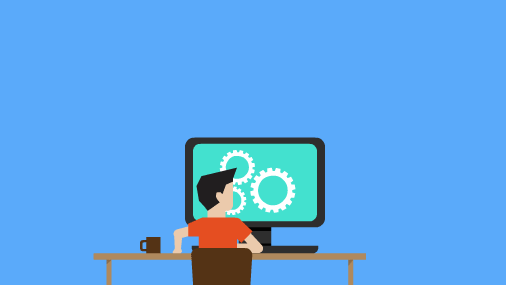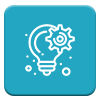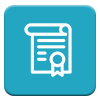
What You’ll Learn
➤ Use R to Clean, analyze, and Visualize data.
➤ Learn how to ask the right questions, obtain data, and perform reproducible research.
➤ Use GitHub to manage data science projects.
➤ Set up R, R-Studio, Github and other useful tools
Skills You’ll Gain
Machine Learning
Data Science
R Programming
Data Cleansing
Exploratory Data Analysis
R Studio
Data Analysis
Debugging
Github
Data Manipulation
Exploratory Data Analysis
Regular Expression
About the Specialization
Ask the right questions, manipulate data sets, and create visualizations to communicate results.
This Specialization covers foundational data science tools and techniques, including getting, cleaning, and exploring data, programming in R, and conducting reproducible research.
The five courses in this specialization are the very same courses that make up the first half of the Data Science Specialization. This specialization is presented for learners who want to start and complete the foundational part of the curriculum first, before moving onto the more advanced topics in Data Science: Statistics and Machine Learning.
How this specialization works:

Take the Course
This Specialization is a series of courses that helps you master a skill. It’s okay to complete just one course — you can pause your learning and resume it at any time.

Earn a Certificate
When you finish every course and complete the hands-on project, you’ll earn a Certificate that you can share with prospective employers and your professional network.

Hands-on Project
Every Specialization includes a hands-on project. You’ll need to successfully finish the project(s) to complete the Specialization and earn your certificate. If the Specialization includes a separate course for the hands-on project, you’ll need to finish each of the other courses before you can start it.
There are 5 Courses in this Specialization
Frequently Asked Questions
Is this course really 100% online? Do I need to attend any classes in person?
This course is completely online, so there’s no need to show up to a classroom in person. You can access your lectures, readings and assignments anytime and anywhere via the web or your mobile device.
How long does it take to complete the Specialization?
This specialization is self-paced and can be completed in 4-6 months working 10-12 hours per week.
What background knowledge is necessary?
This Specialization does not require prior experience, degrees, programming or statistical skills.
Do I need to take the courses in a specific order?
Yes, it is highly recommended the courses be taken in the order they are presented.
What will I be able to do upon completing the Specialization?
After completing this specializaion you will be able to:
- Perform basic R programming tasks such as using common data structures, data manipulation, using APIs, webscraping, and working with R Studio and Jupyter
- Create relational databases and query the data using SQL and R from JupyterLab.
- Complete the data analysis process, including data preparation, statistical analysis, and predictive modeling.
- Communicate data findings using data visualization charts, plots, and dashboards using libraries such as ggplot, leaflet and R Shiny.
- Perform data analysis and visualization by completing a project that requires data collection, analysis, basic hypothesis testing, visualization, and modelling performed on real-world datasets.
